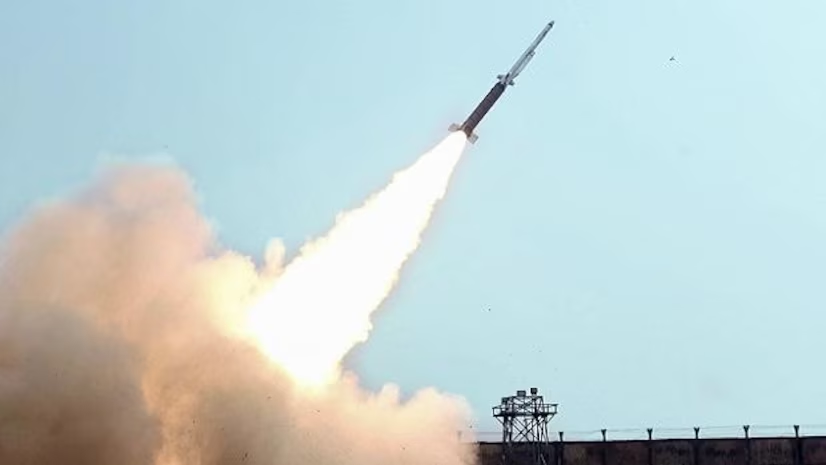Islamabad 15 August: Defence Minister Khawaja Asif on Friday reaffirmed that Pakistan’s nuclear capability is solely for defence and not intended for threats or coercion.
Speaking to a local TV channel , Asif said, “We do not threaten anyone with our nuclear capability. It is purely a guarantee of our national security.”
Taking aim at Indian Prime Minister Narendra Modi, the minister remarked, “Modi now sees Pakistan and its military even in his dreams. For him, the idea of war with Pakistan has become a nightmare.”
Asif said Pakistan has fought and won wars strictly in self-defence, while Modi now contends with internal political unrest. “There is growing dissent inside India, even from citizens and opposition leaders, who say Modi’s attitude brought the region to the brink of war,” he added.
The minister recalled the May 2025 military confrontation between Pakistan and India, sparked by an April attack on tourists in Indian Illegally Occupied Jammu and Kashmir (IIOJK) — an incident New Delhi blamed on Islamabad. In response to Indian strikes, Pakistan launched Operation Bunyan-um-Marsoos, targeting multiple Indian military sites.
During the conflict, Pakistan downed six Indian fighter jets — including three Rafales — and destroyed dozens of drones. The 87-hour confrontation ended on May 10 after a US-brokered ceasefire, first announced by President Donald Trump. While Washington claimed the truce followed its diplomatic intervention, India disputed Trump’s version of events.
READ MORE: Pakistan Ready to Respond to Indian Aggression, Says Khawaja Asif
Criticising Modi’s leadership, Asif said India’s political and economic stature has declined under his rule, giving the opposition an opening to capitalise on his “missteps.”
He further accused India of sponsoring terrorism in Pakistan and abroad, alleging that groups such as the Balochistan Liberation Army (BLA) and Taliban factions are Indian proxies. “We have concrete evidence of Indian involvement, which has been shared with international forums,” he claimed.
“If we behave like good neighbours, peace in South Asia is possible. The people of this region deserve economic progress and stability,” Asif concluded.









